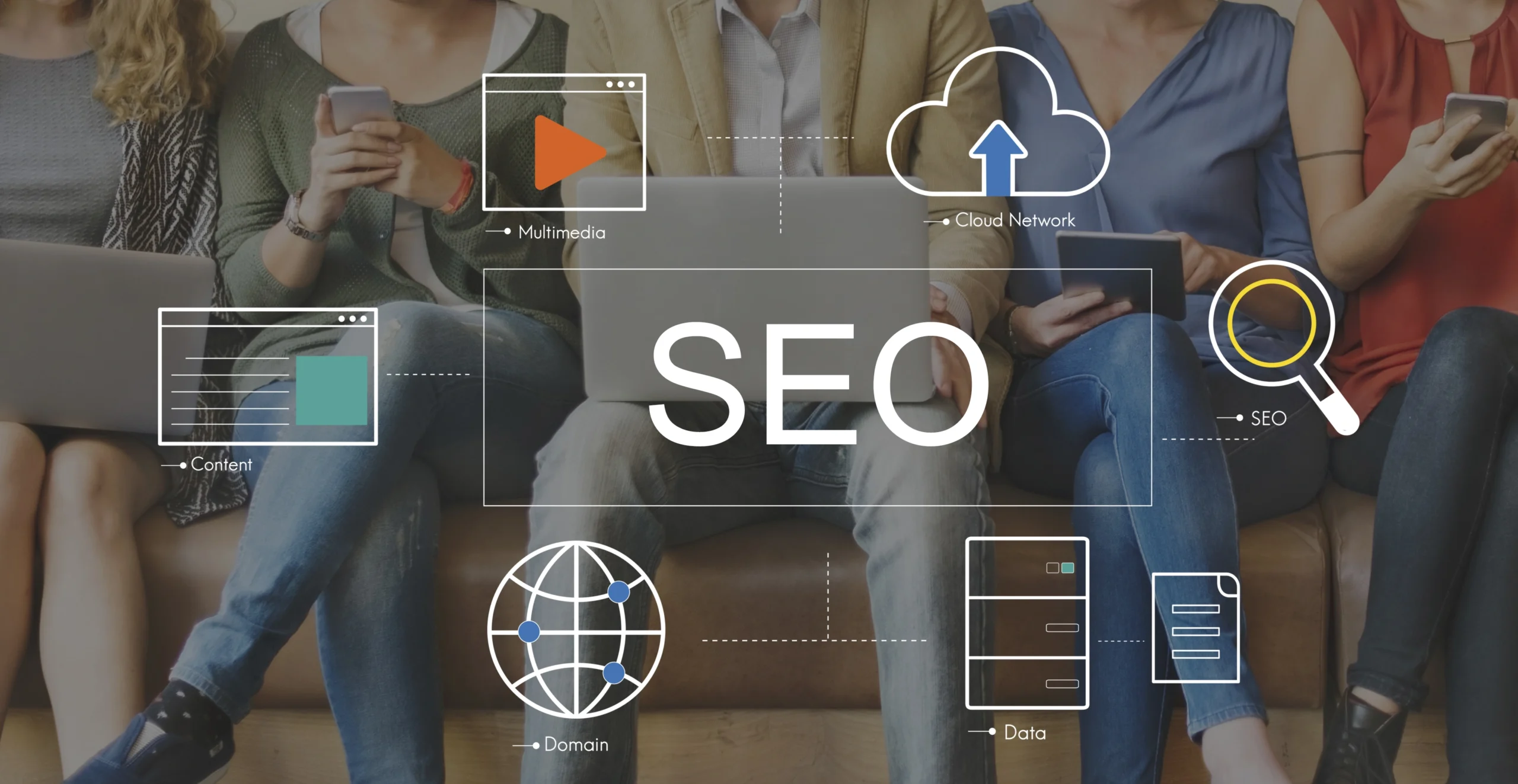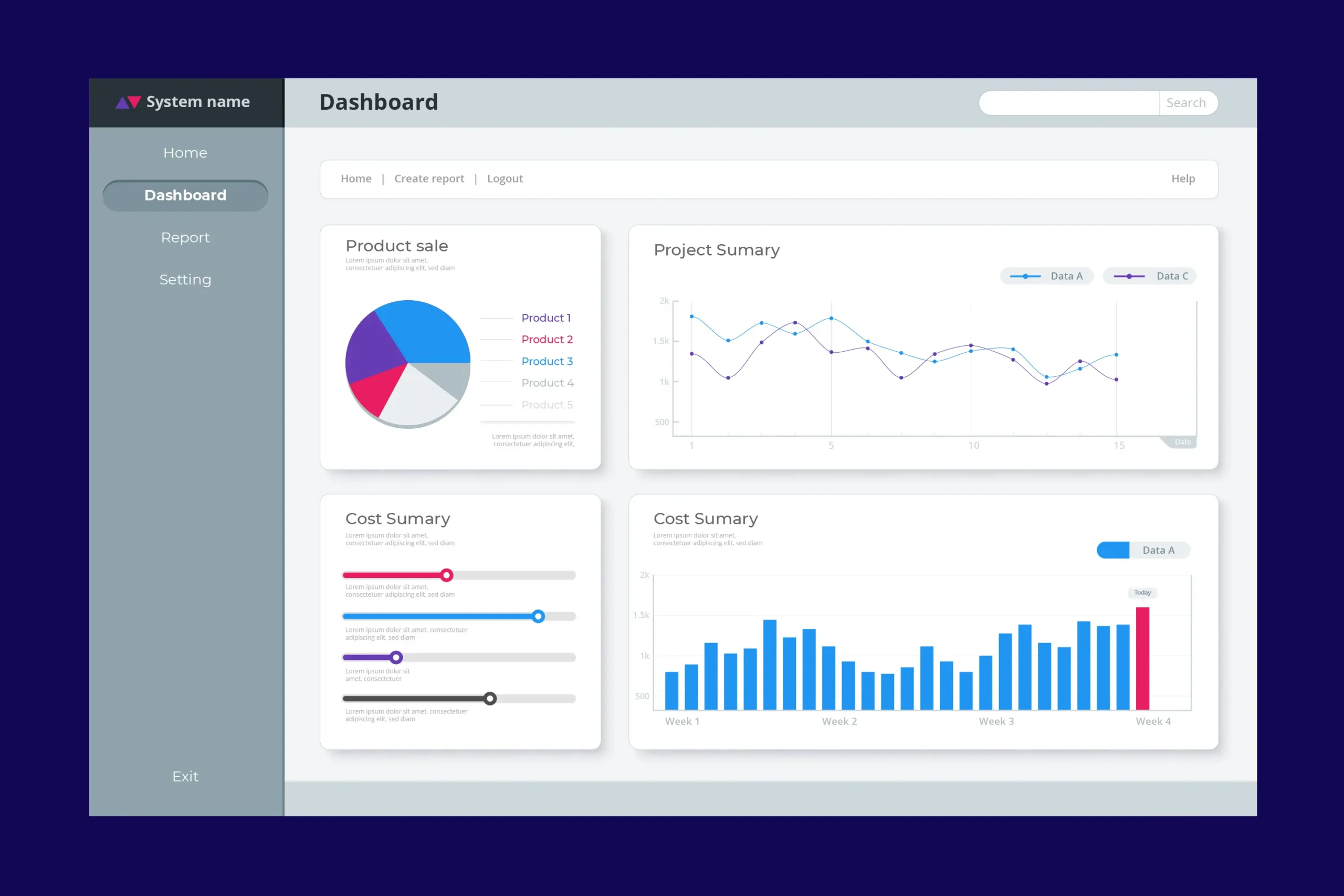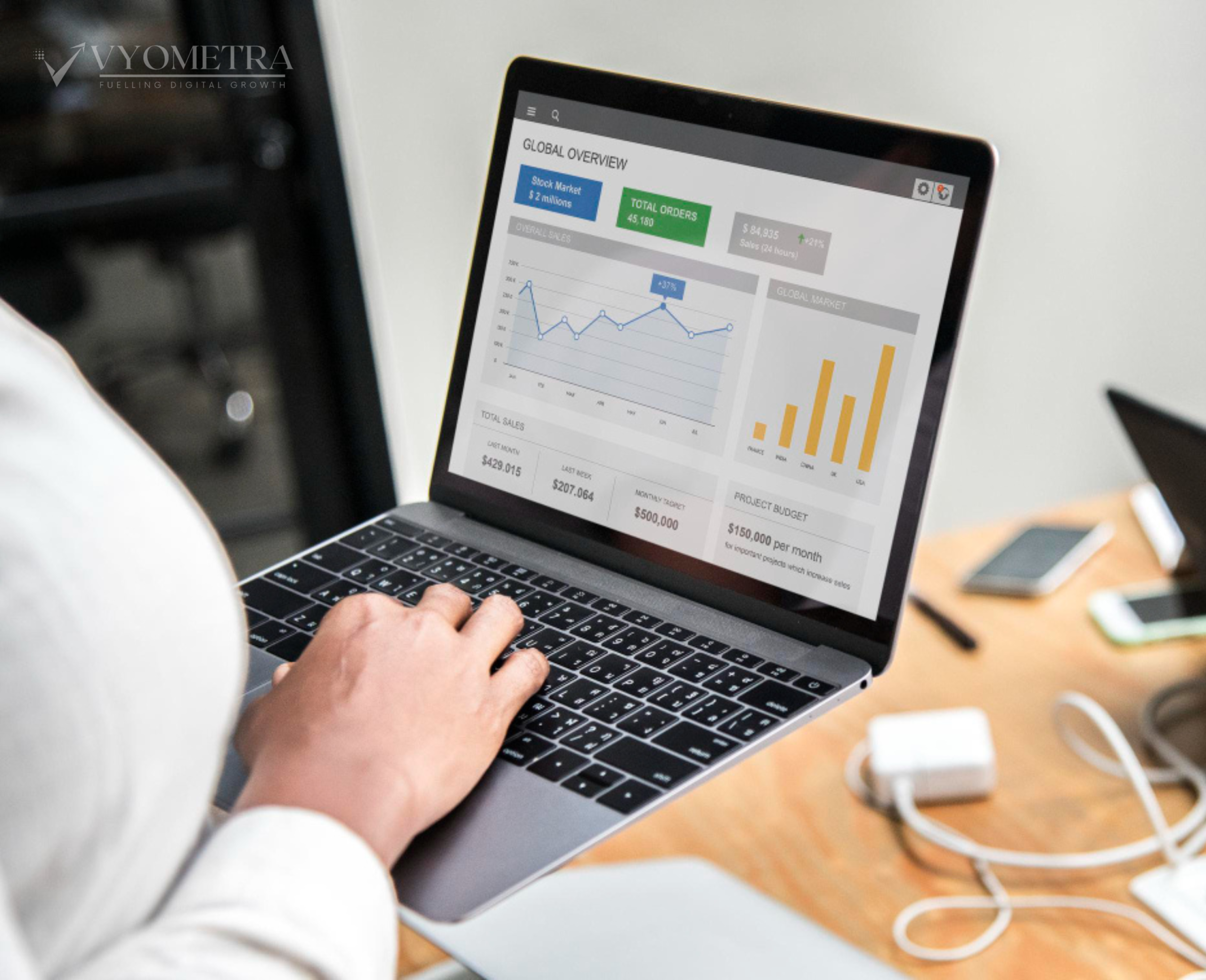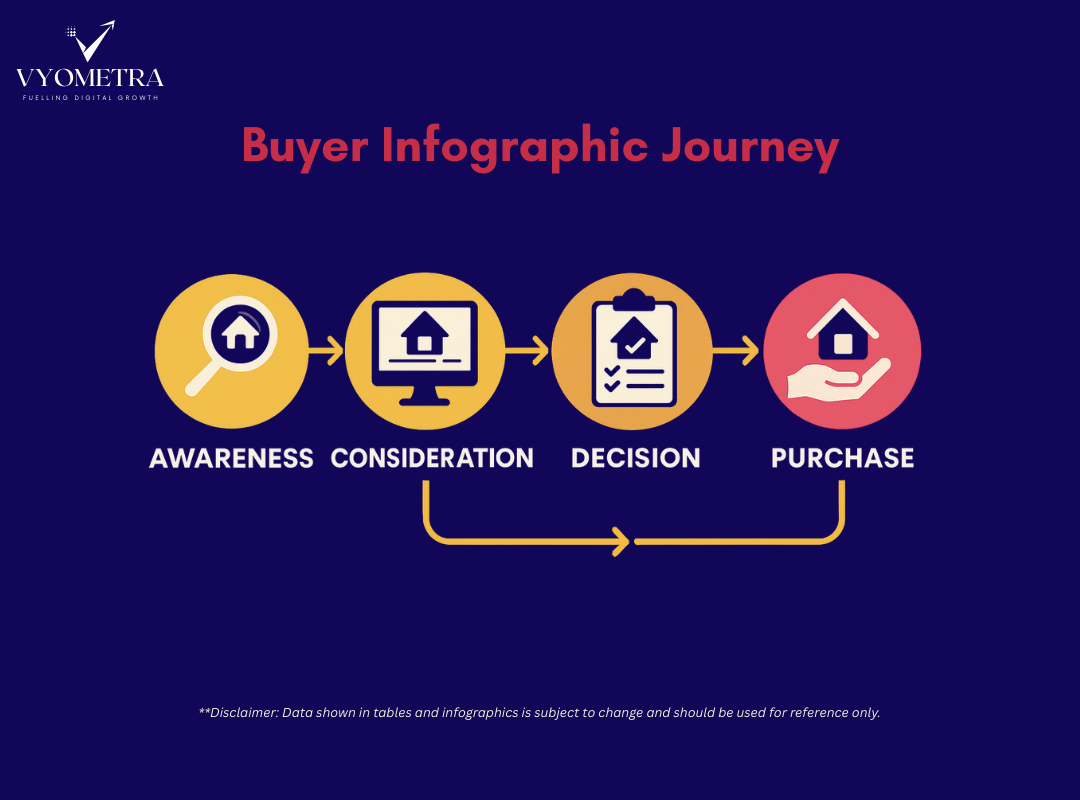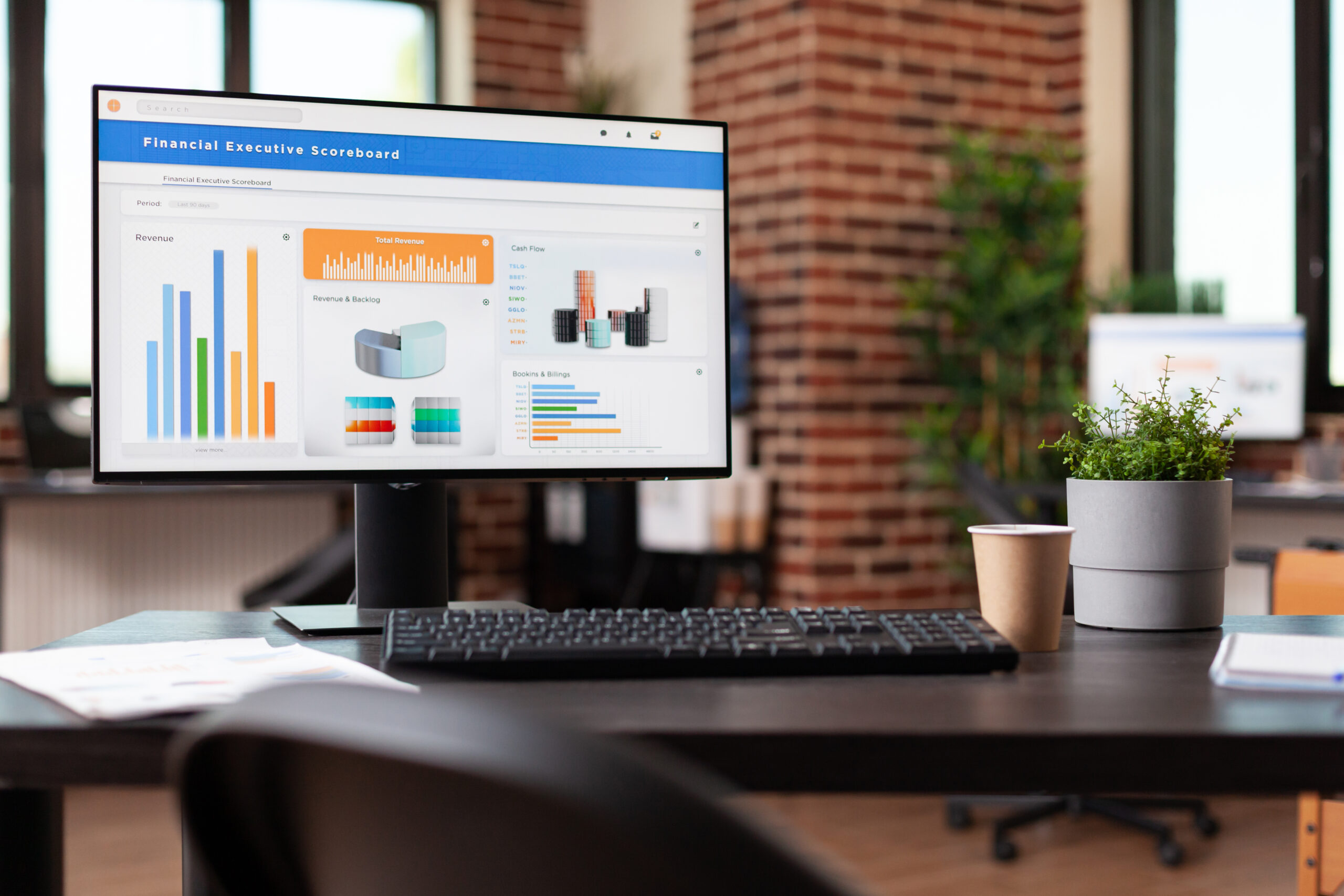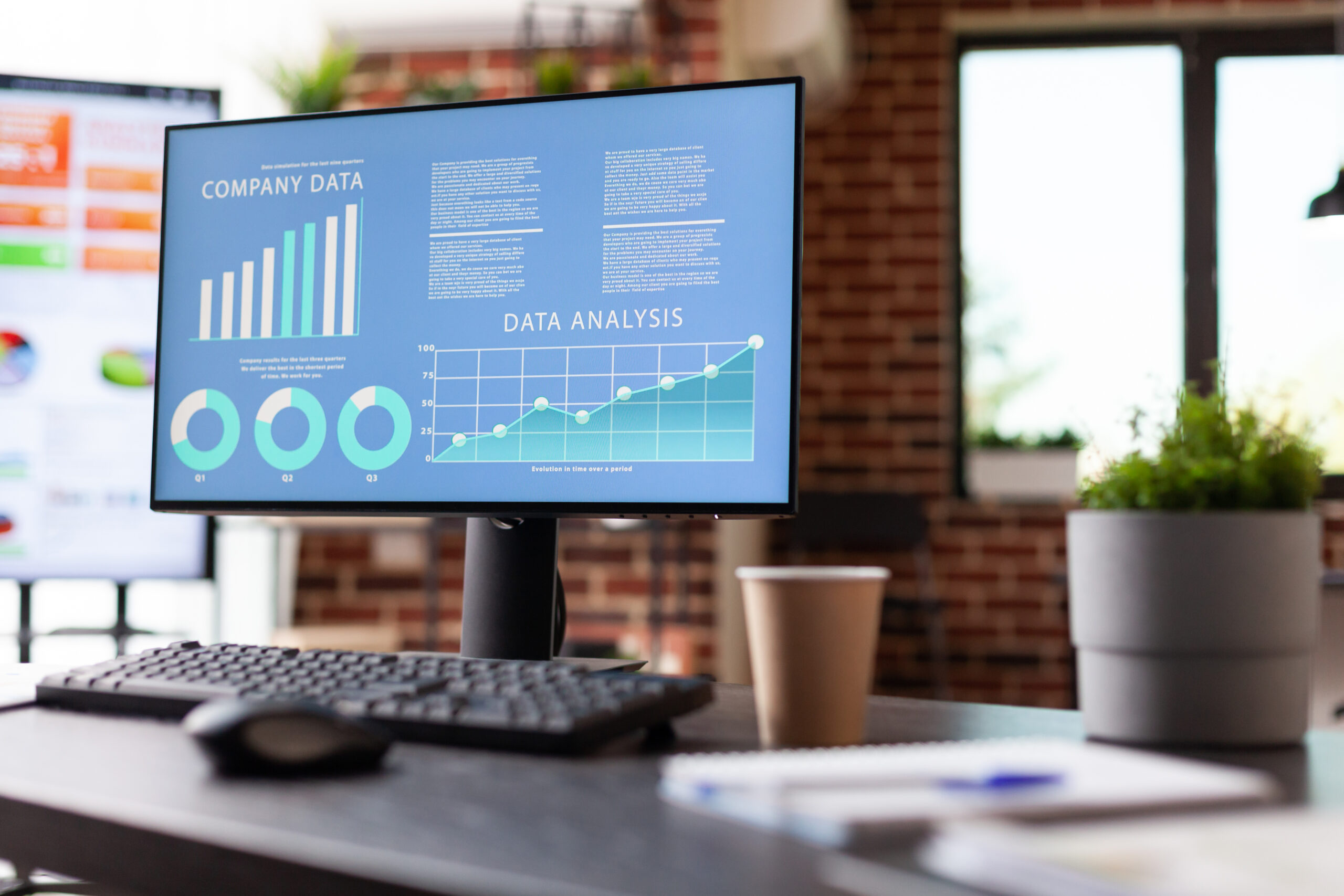In the world of digital marketing, two primary avenues drive visitors from search engines to your website: organic search and paid search. Organic search is about ranking naturally through SEO, while paid search uses advertisements on platforms like Google Ads. For mid‑level marketers and small-business owners, choosing the right strategy can feel overwhelming. This guide breaks down both approaches, highlights key pros and cons, and offers clear decision criteria so you can invest where it matters most.
1. What Is Organic Search?
How Organic Search Works
- Crawling & Indexing: Search engines send bots to crawl your pages and add them to an index.
- Ranking Algorithms: Google and others use hundreds of factors—keywords, mobile‑friendliness, page speed—to determine where you appear.
- Content Quality & Relevance: Well‑written, informative content that answers user intent tends to rank higher.
Why Organic Search Matters
- Sustainable Traffic: Once you achieve high rankings, you can receive consistent clicks without paying per visit.
- Credibility & Trust: Users often trust organic listings more than ads.
- Cost Efficiency Over Time: No direct cost per click—your investment is mainly in content creation and technical SEO.
2. What Is Paid Search?
Paid search, often called Pay‑Per‑Click (PPC) advertising, places your website at the top of SERPs through sponsored ads. You bid on keywords, set a daily budget, and only pay when someone clicks your ad.
How Paid Search Works
- Keyword Auction: Advertisers bid on specific keywords relevant to their business.
- Ad Quality Score: Search engines evaluate your ad’s relevance, landing page experience, and expected click‑through rate.
- Ad Placement: High bids and quality scores earn top ad spots labeled “Ad” or “Sponsored.”
Why Paid Search Matters
- Instant Visibility: Ads can appear at the very top of search results immediately.
- Precise Targeting: You control who sees your ads by location, device, time of day, and audience demographics.
- Budget Control: Set daily/monthly caps to manage spend and test small budgets before scaling.
Organic search refers to the results that appear naturally on a search engine results page (SERP) based on relevance, content quality, and site authority. It’s the product of Search Engine Optimization (SEO)—the practice of optimizing your website’s content, structure, and backlinks to improve rankings.
3. Key Differences: Organic vs Paid Search
|
Aspect |
Organic Search (SEO) |
Paid Search (PPC) |
|
Cost Structure |
Investment in content & SEO tools/time |
Pay per click (CPC) |
|
Time to Results |
3–6 months for significant rankings |
Immediate visibility upon campaign launch |
|
Longevity |
Sustained traffic over time |
Traffic stops when ads are paused |
|
Credibility |
Perceived as more trustworthy |
Clearly labeled as ads |
|
Control |
Less direct control over rankings |
Full control over messaging & placement |
|
Flexibility |
Requires ongoing updates |
Campaigns can be quickly modified |
4. Pros & Cons
Organic Search Pros
- Long‑Term ROI: Ongoing traffic without per‑click costs.
- Authority Building: Boosts your brand’s expertise and trust.
- Broader Keyword Coverage: Can capture a wide range of informational queries.
Organic Search Cons
- Slow to Scale: May take months to rank for competitive terms.
- Algorithm Dependency: Subject to search engine updates.
- Continuous Effort: Regular content and technical updates required.
Paid Search Pros
- Immediate Results: Appear at the top within hours of setup.
- Targeted Reach: Narrow down to ideal customer segments.
- Testable & Measurable: Easy A/B testing and ROI tracking.
Paid Search Cons
- Costly Long‑Term: Costs accumulate with each click.
- Ad Fatigue: Audience may ignore ads over time if not refreshed.
- Limited Reach: Only captures commercial-intent queries you bid on.
5. When to Choose Organic Search
- You have time to invest and need sustainable traffic.
- Your industry is informational or research-driven.
- You want to build brand authority and trust over time.
- You have resources for ongoing content and SEO maintenance.
6. When to Choose Paid Search
- You need fast visibility for a product launch or promotion.
- Your budget allows for experimental ad spend.
- You want precise targeting by geography or demographics.
- You’re testing new keywords or market segments.
7. Combining Organic & Paid for Maximum Impact
The most successful digital strategies often use both SEO and PPC:
- Data Sharing: Use PPC keyword data to inform your SEO content strategy.
- SERP Dominance: Appear in both paid and organic slots to increase click‑through rates.
- Budget Flexibility: Balance long‑term growth (SEO) with short‑term gains (PPC).
- Remarketing: Use paid ads to re‑engage users who found you organically.
8. Getting Started: Action Plan for Small Businesses
- Audit Your Current Presence: Review your site’s SEO health and existing ad performance.
- Set Clear Goals: Define whether you need traffic, leads, or brand awareness first.
- Allocate Budget & Resources: Split time and money between content creation and ad spend.
- Implement & Measure: Launch small campaigns and track KPIs for continuous improvement.
- Refine & Scale: Use insights to optimize keywords, ad copy, and content topics.
Conclusion
Choosing between organic and paid search isn’t an either/or decision. Each has unique strengths and fits different business goals. By understanding their differences, pros and cons, and how they can complement each other, you can craft a balanced search marketing strategy that drives both immediate and sustainable growth.
FAQs
Organic search results rank naturally via SEO efforts, while paid search results appear as ads through a bidding system on platforms like Google Ads.
SEO offers long-term cost savings since you don’t pay per click—but it requires time and resources. PPC gives immediate results but incurs ongoing costs with each visitor.
Yes. Analyzing high‑performing PPC keywords can highlight user intent and guide your organic content strategy.
If you need quick visibility or have a time‑sensitive offer, paid search can be a valuable tool—provided you manage budgets and target carefully.
Typically 3–6 months for noticeable improvements, depending on competition, content quality, and technical optimizations.
For most businesses, a hybrid approach maximizes visibility—SEO builds long-term strength, while PPC drives fast, targeted traffic.

